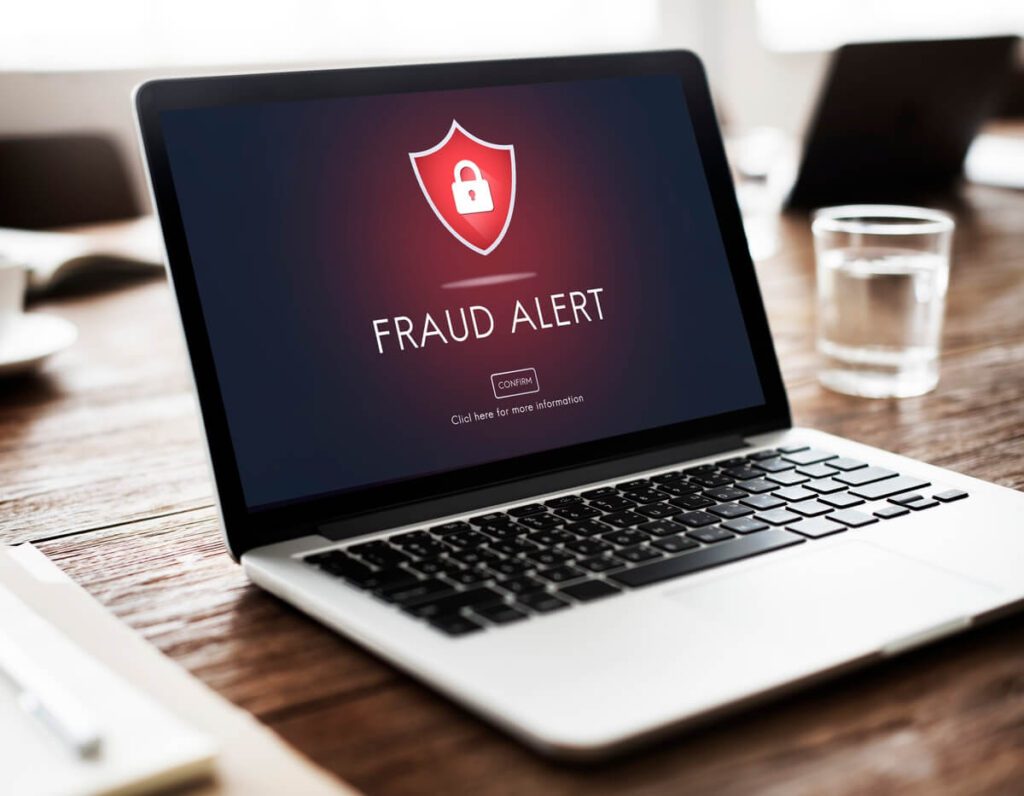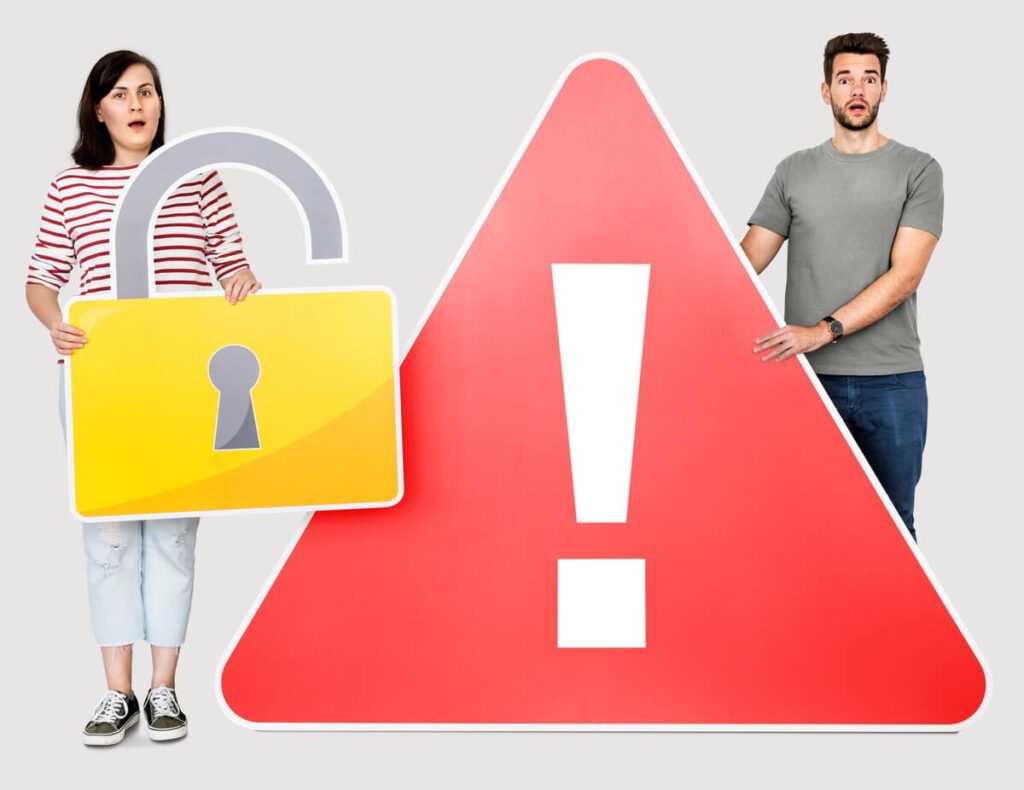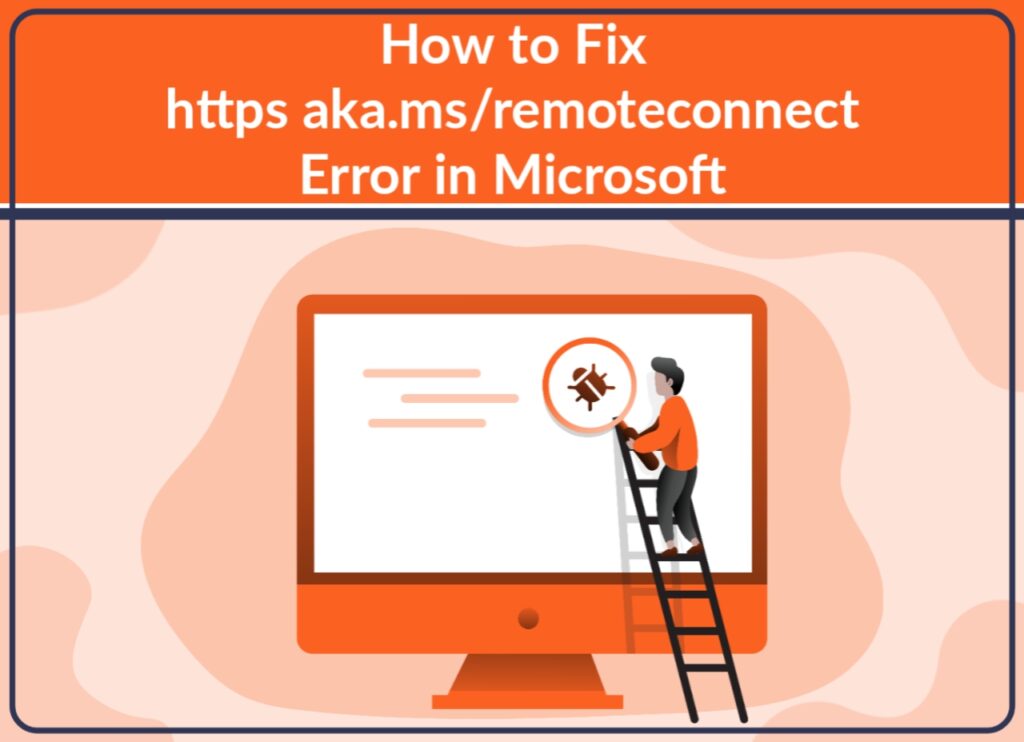Some argue that older people are at greater risk of falling for scammers than their children or grandchildren. In the USA alone, seniors suffer losses of 3 billion dollars annually through email and/or phone scams. And with the rise of ict, this number is expected to grow even more. This is done through various frauds such as online identity theft and abuse of trust. However, this number is lower than the real one as most victims feel too embarrassed to report these cases and thus admit that they have been scammed.
But what makes people so vulnerable to online fraud? In particular, scammers take advantage of trust and, in some cases, age-related limitations. In addition, seniors grew up in a time when technology was not part of everyday life and basic cybersecurity training from employers was not even an issue.
Table of Contents
Tips to Take Care for Avoiding Email and Phone Scams
Be Sceptical:
Never trust strangers on the internet. Instead, you should always assume that any unexpected message or email could be a scam attempt. Unfortunately, even on email, these days you need to practice extra caution. E-mails and their senders can easily be forged. The same applies to messages on cell phones or on social networks such as Facebook.
Pay particular attention to any inconsistencies regarding the sender and the message content. If in doubt, delete the message.
Don’t click on anything:

Phishing attacks are the most common way criminals try to get your sensitive data, such as credit card information or password details. This is done by perfectly spoofed emails pretending to be from your bank or online service.
Also Read
These emails usually ask you to “check your data”. Always assume that this is a fraud attempt. Do not click on links in the email body or open email attachments. Your bank, for example, will always send you a real letter with confidential information. Here, too, you can double-check in most cases by telephone.
Do not open emails from suspicious senders:
Hackers often use email to gain access to our computers and, ultimately, our data. That is why, if you receive an email with an incomplete or suspicious address, do not open the email or the attachments.
In this case, many fake emails seem to come from banks. For this reason, if you have doubts, it is better to contact the bank to verify that it is an official communication or if, on the contrary, it is a false email. Or run the sender on Leadar to see if they really work for that company.
Nobody has anything to give away for free:

In addition to phishing emails, fraudsters can also send you prize notifications with alleged presents. Winning the lottery without playing or lotteries from companies like Coca-Cola are popular scams.
You are often asked to “verify” personal information or to pay an alleged protection or transaction fee in advance in order to receive your so-called “prize”.
Typically, additional pressure is built up in the text. For example, due to a limited period of time, you need to act quickly. Legitimate lotteries never charge you a fee to withdraw your winnings.
Do not transfer money to strangers:
Online dating scams designed to trick the victim into sending money or most personal information to criminals were the second most expensive scam for people of all ages last year.
Taken together, this resulted in damage of 362 million dollars in the USA alone. A recent FBI report also shows that nearly a third of unsuspecting victims were used in money laundering campaigns, unwittingly and unwantedly becoming accomplices in crime. Online dating site scams are at the forefront when it comes to primarily taking advantage of older people. Since loneliness is one of the main problems in old age, criminals often have an easy time earning trust.
Hang up:

With fake support calls, cybercriminals try to convince you over the phone that your computer has a virus and that the callers can fix it for you. All you would have to do is download and run a small program, which the callers can then use to access your PC.
While the pretense is of course bogus – such calls are always untrustworthy – it is true that with the mentioned program you are giving outsiders access to your computer. Cybercriminals are now exploiting this to steal your data or to manually install malware intended to spy on you or your bank information. Never give strangers who call you access to your computer. If in doubt, check who the caller is by looking their number up on PhoneHistory.
Install an antivirus:

It is another basic rule to guarantee safe use of the internet, but it must be a good and up-to-date antivirus. An antivirus not only protects against unsafe pages or fake emails but also helps protect personal information online and offline.
Use a VPN network:
To avoid the problems of Wi-Fi networks, technological improvements offer a new way to connect to the Internet safely: VPN networks. This service is usually paid for but ensures the correct use of a commercial or private network if you are traveling. This will prevent anyone from accessing your data. Here are other 10 reasons why you should use VPN while browsing.
Be careful when posting personal information:

Social networks are public and almost anyone, without even being your friend, can access your content without your knowledge. Thus, you must carefully monitor the photos you upload or the comments you make, as well as the privacy settings to prevent anyone from knowing details about your private life that could lead to more serious problems in the future.
Install the necessary updates:
Keeping a computer, as well as different applications, updated is key to the proper functioning of the programs and apps, as well as to keeping sensitive data safe. Thus, having the most up-to-date version of the operating system also allows the user to have maximum protection.
Bonus tip:
The last tip is mainly aimed at younger readers: stay in touch with your parents and grandparents and inform them about the possible dangers of the online world. In addition to making your relatives less susceptible to scams, they may also feel a little safer online and less alone.






